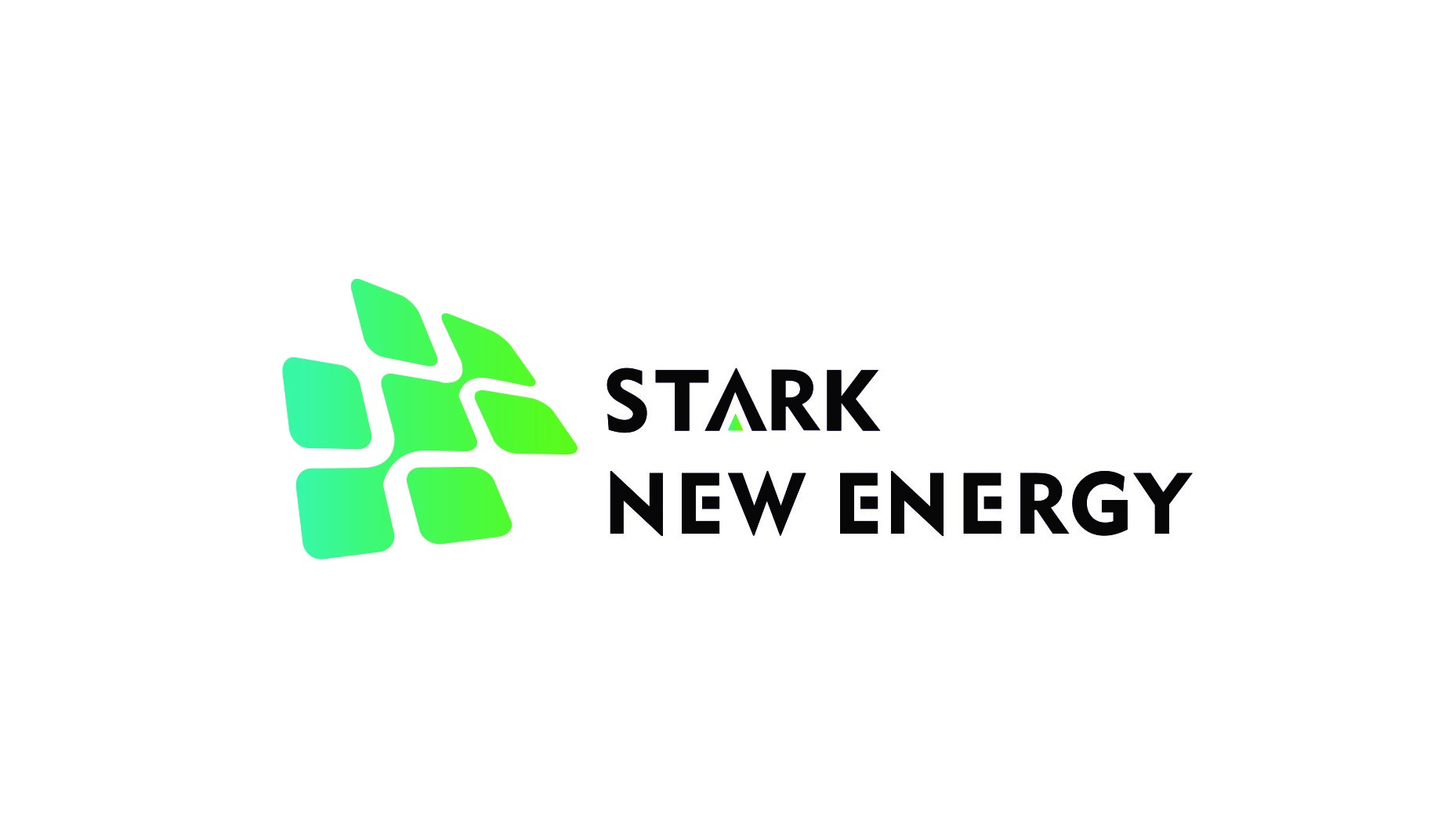The cost is only 1/30 of that of lithium-ion batteries. Scientists have developed rechargeable zinc-manganese batteries.
2021-07-19
As the most common type of dry battery, zinc manganese battery is widely used in our daily life. However, its inability to recharge and recycle has caused its use cases to be limited. However, recently scientists have developed a new type of zinc manganese battery, which may change the zinc manganese battery. The current situation.
After this year's Nobel Prize in Chemistry was awarded to the category of lithium batteries, the contribution of batteries to the world has been even more recognized by the public. It is scientists' continuous exploration of lithium-ion battery technology that has led to today's universal use, and has also inspired more research and development related to battery technology. A few days ago, a new battery technology appeared, this technology can greatly reduce the price of electric vehicles and household battery systems, an important step towards commercialization.
This technology is not researching lithium-ion batteries, but zinc-manganese batteries. It was completed by researchers from the University of Adelaide in South Australia and a Chinese battery company. The two sides signed a research contract worth 1 million Australian dollars to develop this new technology. The project combines new electrolytic battery technology and a Chinese battery company. Battery packaging technology. Research work and preliminary product development will be carried out in Adelaide, and it is expected to be processed in Australia and my country.
The technology was developed by two Asians from the University of Adelaide and applied for a patent earlier this year. The battery uses non-toxic zinc and manganese, and also uses a non-flammable water electrolyte to ensure the battery's high energy density. It is understood that two metals, zinc and manganese, are abundant in Australia. The researchers analyzed that this battery uses basic materials and simple manufacturing processes, so compared with existing batteries with equivalent energy density, it has lower processing costs and easier recycling.
The cost of the new zinc-manganese battery will be less than US$10/kwh, compared to US$300/kwh for lithium-ion batteries, US$72/kwh for nickel-iron batteries, and US$48/kwh for lead-acid batteries. At the same time, weight, size, and safety are also important factors for batteries and the key to opening up the market.
At present, it is not uncommon for lithium-ion batteries to be used in automobiles and aerospace, civil and commercial buildings, and grid-scale energy storage. It has even become a trend in the development of clean energy, and new zinc-manganese batteries may also be expected to take a share. Although there are other zinc-manganese batteries currently on the market, they cannot be recharged or recycled, and do not have high energy density due to different chemical reaction mechanisms.
The battery researcher believes that it is conceivable that all vehicles from scooters to electric trains can use this kind of battery, which can be used by households that require batteries to store solar energy, and even large solar/wind farms. Although it will take time to use this battery on a large scale at present, with the emergence of more sustainable energy sources, a safe, cheap, and environmentally friendly means of energy storage will be required in the future.
Original title: Zinc-manganese battery "new wine in old bottles", scientists have developed a rechargeable zinc-manganese battery, the cost is only 1/30 of the lithium-ion battery




